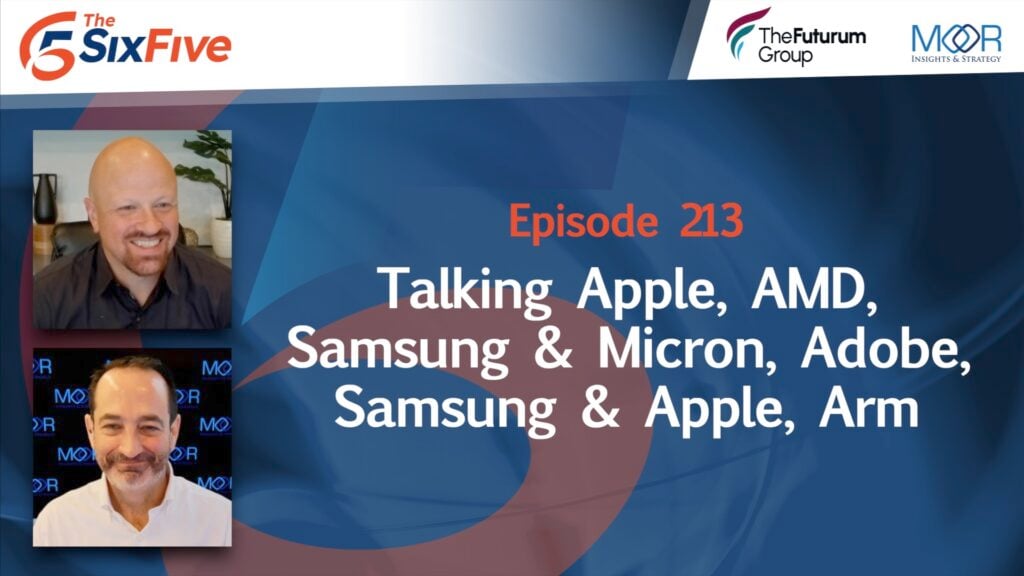The New: Dell recently launched its Arm-powered Dell Inspiron 14, its first Windows on Arm notebook using Qualcomm’s Snapdragon 8cx Gen 2 processor. Read more about the Dell Inspiron 14 laptop for more information.
Dell’s First Windows on ARM-Architecture Laptop is Using the Qualcomm Snapdragon 8cx Gen 2 Soc
Analyst Take: The Windows on ARM-architecture notebook market has been around for some time and continues to gain attention from the vendor community and users wanting a more budget friendly notebook along with smartphonesque features. The Dell Inspiron 14 is now available with Qualcomm, Intel, and AMD options which is I think is a great idea.
From a channel partner perspective, remember, they serve many vertical and sub-vertical markets along with different customer strata that all have different budgetary requirements or devices their IT teams are trained to upgrade and repair. Fundamentally, this is a key reason why you see like vendors on a reseller’s list of partners on their websites.
The Dell Inspiron 14 is definitely targeted at budget-conscious organizations and consumers at around $500. The device comes with the Qualcomm Snapdragon 8cx Gen 3 processor, Windows 11 Home (in S mode), a 1080p webcam, 14-inch full high-definition display with an aspect ratio of 16:9 and basic ports that include two USB type-c, a USB type-a, microSD card reader and a headphone jack. The Dell Inspiron 14 also comes with 8 gigabytes of ram and a 256-gigabyte solid state drive (SSD) for internal storage.
Although the system on chip in the Dell Inspiron 14 isn’t the latest generation (Snapdragon 8cx Gen 3) from Qualcomm, the Snapdragon 8cx Gen 2 is definitely a powerful chip for the price range and functionality it offers allowing users an excellent experience in a thinner form factor. Qualcomm already has a slew of vendor partners developing devices targeting the Windows on ARM-architecture notebook market and this is also a key expansion strategy, widening its total addressable market as the lines continue to blur between smartphones and personal computers.
The Dell Inspiron 14 using Qualcomm’s Snapdragon 8cx Gen 2 SoC targeting the Windows on ARM-architecture notebook market is an excellent idea for both Dell and Qualcomm since smartphone and personal computer worlds continue to collide. It will be interesting to see the adoption rates in the various consumer segments like education, non-profit institutions, and the budget conscious consumer.
Disclosure: Futurum Research is a research and advisory firm that engages or has engaged in research, analysis, and advisory services with many technology companies, including those mentioned in this article. The author does not hold any equity positions with any company mentioned in this article.
Analysis and opinions expressed herein are specific to the analyst individually and data and other information that might have been provided for validation, not those of Futurum Research as a whole.
Other insights from Futurum Research:
Six Five In the Booth – Dell and NVIDIA Partner to Develop Generative AI Solutions
Dell CloudIQ AIOps Offering: Helping Organizations Do More With Less and Then Some
Dell CloudIQ: Using AIOps to Make Digital Transformation and Multicloud Journeys Smarter






